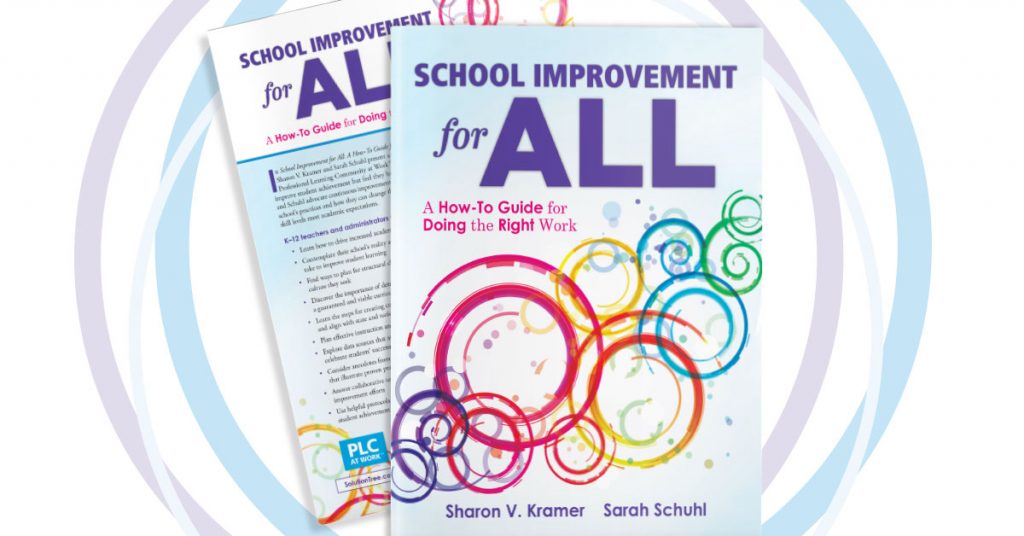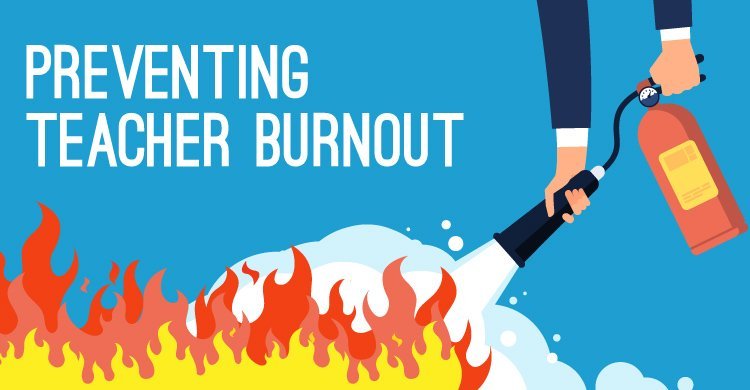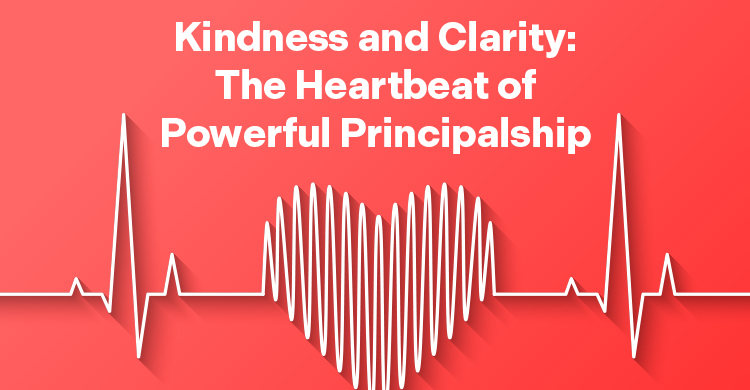Ten years ago, I had twins. They were premature by several months, and suddenly my entire world became the NICU and the hospital waiting room. As I gradually emerged from the haze of new parenting, I read parenting books and blogs about how to reintegrate into real life after having children. One piece of advice seemed particularly ludicrous to me, as I was covered with babies 24 hours a day: “Put your marriage first, and your kids will prosper as a result of it.” I guess I understood the premise, but the reality of going on date nights and sitting down for face-to-face conversations with my spouse seemed like a luxury no one had time for.
Ten years later, I experienced a similar phenomenon as I became a brand-new principal of a large urban high school. In the early days and months, I felt just as out of my depth as I had in those days as a new parent. The “urgent” once again filled my days, each new crisis moving me from minute to minute, and I would fall into bed at the end of the day, exhausted and certain that I was failing all the people with whose welfare I had been entrusted. Each time I would feel like I got my feet under me, some new crisis would knock me off balance. I was managing the school, day to day, but just barely.
The squalling needs of our aging building, at-risk population, and district initiatives made actual conversations with teachers seem like a luxury my packed days would not allow. I knew that I hadn’t really been taking care of my relationships with our teachers, but it always felt like there wasn’t enough time. That was brought home by a conversation I had with a veteran teacher in the early spring of my first year. He was putting himself on transfer list and wanted me to know. He no longer wanted to teach at our school.
The conversation was awkward, as these things are, but ultimately, the truth was that he felt burnt out in his current role. He was not inspired by the content or his colleagues. In reality, he probably thought I was doing a pretty bad job too, but he was too much of a gentleman to say it.
The premise of all the parenting advice about valuing your spouse applies to principals as well. If you are not valuing your teachers, taking time to listen to what they need, elevating those relationships above the pressing needs of your day, your kids will suffer as a result. Teachers need to see you in their classrooms, hear your voice, and feel their voices heard in return. You must take care of the “marriage” you have with each of your teachers, and in turn, your students will reap the benefits.
Supporting the adults in a school is not solely the work of the principal. Working in a professional learning community puts adult relationships front and center. Adults need to talk to one another and collaborate to find solutions to student learning challenges. Research has found that teacher burnout has a strong association with teacher socialization in their workplace. If teachers have strong social and professional networks within their school, they are less likely to feel burnt out than teachers with negative or no social networks. (Kim, Young & Franks 2017).
If you want your teachers to stay positive, or in some cases simply stay, you must create an environment where everyone is working together to realize the vision they have for the school.
Schools with high stability cultivate a strong sense of collaboration among teachers and their principal. Teachers are likely to stay in schools where they view their colleagues as partners with them in the work of improving the whole school and the conditions are well-suited for them to have the potential to be effective (Allensworth, Ponisciak & Mazzeo 2009, as cited in Haynes 2014, p. 4).
Building strong collaborative teams within your school lets your teachers know that you value their professionalism, autonomy, and decision-making capacities. It allows them to know that your first priority is not the million little fires a principal must put out each day. Your first priority is student learning. The teachers who ensure student learning happens each day must have your support to do it. That support includes a constant drive for school improvement and a clear vision of what we must become to do our best by our students. The principal must constantly ensure that this goal of all the adults in the building. “Leadership consists of both pressure and support.” (Kramer and Schuhl 2017). Ensuring this vision and supporting adult relationships that nurture teachers’ professional growth and foster collegiality will ultimately allow your students to thrive.
References:
Haynes, M. (2014). “On the path to equity: Improving the effectiveness of beginning teachers.” Washington, DC: Alliance for Excellent Education. Accessed at http://all4ed.org/wp-content /uploads/2014/07/PathToEquity.pdf on September 9, 2015.
Kim, J., Youngs, P., & Frank, K. (2017). “Burnout contagion: Is it due to early career teachers social networks or organizational exposure?” Teaching and Teacher Education, 66, 250–260. doi:10.1016/j.tate.2017.04.017.
Kramer, S. V., & Schuhl, S. (2017). School improvement for all: A how-to guide for doing the right work. Bloomington, IN: Solution Tree Press.[author_bio id=”1031″]






